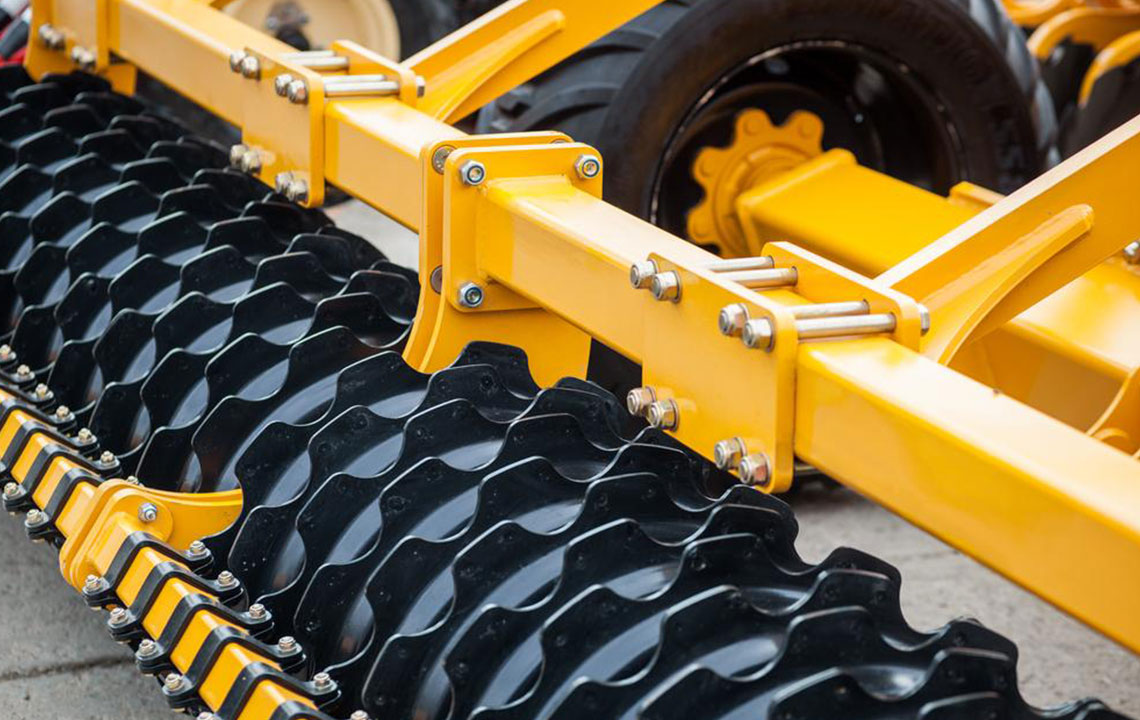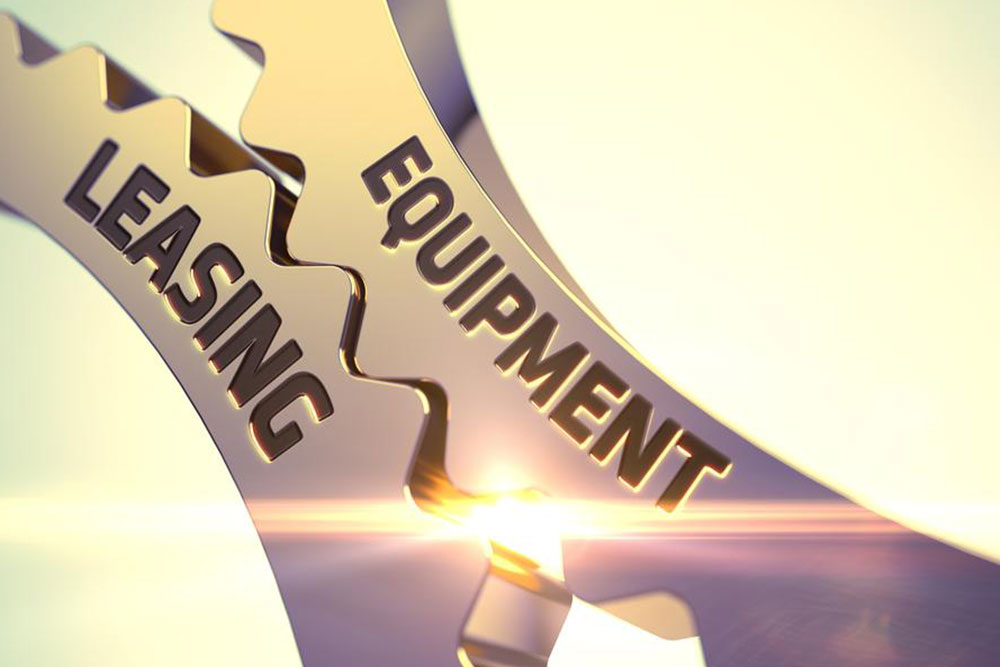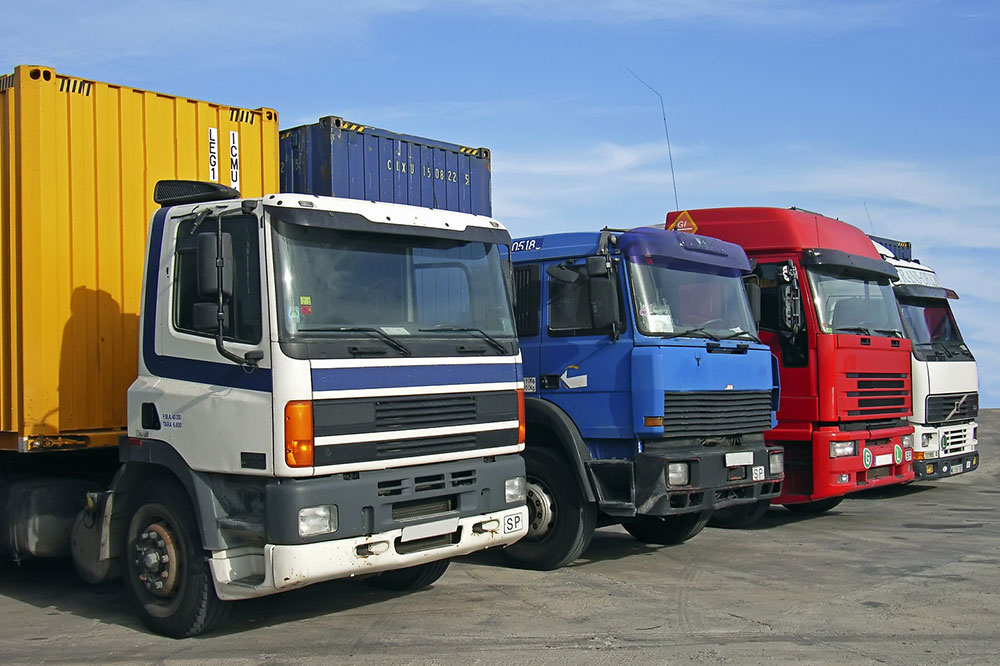Advantages of Equipment Leasing for Business Growth and Financial Strategy
This comprehensive article explores the myriad benefits of equipment leasing for businesses, emphasizing how it conserves cash flow, offers flexibility, and provides tax advantages. It discusses strategic benefits for startups and established companies seeking growth. Leasing is presented as a vital financial tool for maintaining competitiveness amidst technological advancements and market fluctuations, making it essential for modern business strategies.

Advantages of Equipment Leasing for Business Growth and Financial Strategy
Embarking on a new business venture is an exciting journey filled with opportunities and challenges. One of the biggest hurdles faced by entrepreneurs and established business owners alike is managing financial resources effectively. Particularly, acquiring essential equipment—ranging from manufacturing machinery to office technology—can involve substantial capital expenditures that strain cash flow. This financial burden can impede growth, limit operational flexibility, and reduce competitiveness. To navigate this challenge, many companies are turning to equipment leasing as a strategic financial solution.
Equipment leasing offers a flexible, cost-efficient alternative to outright purchasing. It allows businesses to access necessary tools and machinery without the immediate need for large capital outlays. Instead, companies can spread the cost over time through a series of manageable periodic payments. This approach not only preserves vital working capital but also provides numerous operational and fiscal advantages which are crucial during periods of expansion or technological upgrades.
Conserve Cash Flow: Purchasing equipment outright often necessitates a significant upfront investment, which can strain a company's finances, especially for startups or small businesses. Leasing equipment shifts the financial burden from large capital expenditure to smaller, predictable recurring payments. This enables businesses to allocate their funds more strategically, such as investing in marketing, research, or hiring, which can accelerate growth.
Operational Flexibility: Rapid changes in technology mean that equipment can quickly become outdated, impacting productivity and competitiveness. Leasing provides businesses the agility to upgrade equipment regularly, ensuring they stay at the forefront of their industry. This flexibility minimizes operational risks associated with obsolete technology and keeps companies aligned with industry standards and customer expectations.
Tax Advantages: Properly structured lease agreements can offer notable tax benefits. Depending on local tax laws, lease payments may be deducted as operational expenses, reducing taxable income. Additionally, some leases may include interest component deductions similar to traditional loans. Consulting with financial professionals or tax advisors is recommended to fully capitalize on these benefits and tailor lease agreements that optimize tax efficiencies.
Preservation of Credit Lines and Cash Reserves: Leasing instead of buying helps maintain credit availability for other strategic investments or unforeseen expenses. It also preserves cash reserves for emergencies or growth opportunities, enhancing overall financial stability.
Reduced Maintenance and Upkeep Costs: Lease agreements often include maintenance and service packages, which can lower ongoing operational costs and reduce downtime caused by equipment failures. This predictable expense structure helps in better budgeting and resource planning.
Risk Management: Leasing reduces exposure to risks associated with technology obsolescence, declining equipment value, or market fluctuations. Companies can exit leases more easily at the end of the term, replacing outdated equipment or adjusting to changing business needs without significant losses.
In conclusion, equipment leasing is more than just a financing tool; it is a strategic approach that empowers businesses to optimize cash flow, stay technologically current, and maintain financial flexibility. Whether you're a startup aiming to conserve capital, or an established enterprise seeking operational agility, leasing offers a versatile solution that aligns with diverse business goals. As market dynamics evolve, understanding and leveraging equipment leasing can provide a competitive edge, ensuring your business remains resilient and poised for sustainable growth.





